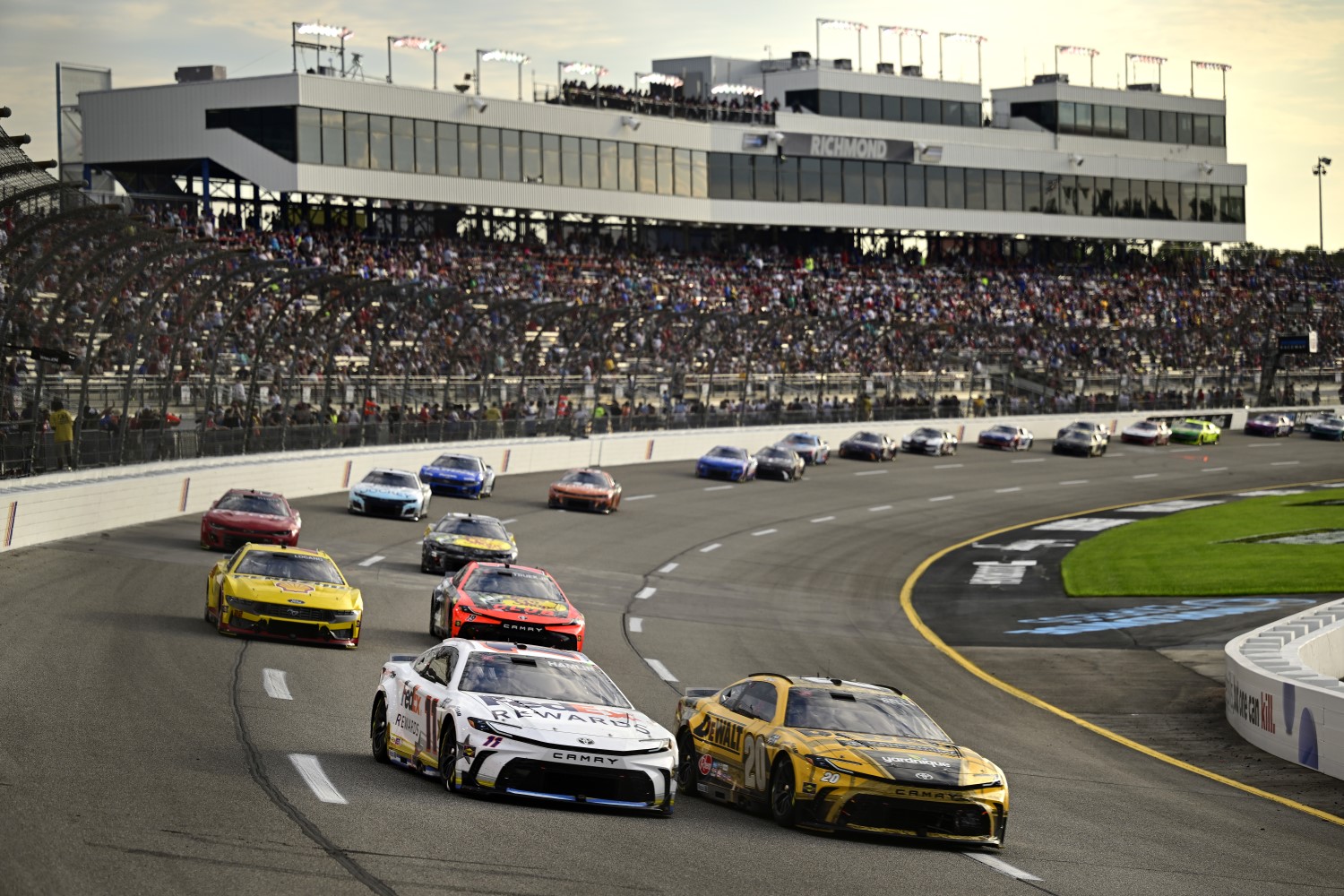Editorial: Are Motorsports Media ‘Puppets of Propaganda’?
In motorsports, a troubling trend persists: some media members trade journalistic integrity for access, acting as “Propaganda Puppets” to secure media hard-cards and perks like free lunches. Fearing the loss of credentials, they often avoid criticizing racing organizations, even when the truth demands it.
–by Mark Cipolloni–
Case in Point
Saturday night’s NASCAR Cup Series race at Richmond “is very close to being sold out.” – @CBS6 https://t.co/lOq4DkwOgL
— Adam Stern (@A_S12) August 13, 2025
Is this what sold out looks like? pic.twitter.com/jQ92xXmubu
— Josh Jarnagin (@JoshJarnagin) August 13, 2025
Sellout in its current seating configuration*
Let’s not forget that they’ve removed a ton of seating. Richmond isn’t the only culprit of this misleading headline/soundbite. A sellout in 2025 at Richmond would look awful in 2005.
Yes, I’m salty and frustrated.
— Matthew Largen (@MatthewLargen) August 13, 2025
You can sell out any place if you remove enough seats pic.twitter.com/H7gL4O6bvW
— Alium (@FrenAlium) August 14, 2025
AutoRacing1.com Verdict
AutoRacing1.com investigated and found that, while most grandstand sections (except the priciest) had only a few seats left, the venue’s capacity had indeed been reduced to 60,000. In this context, the “near sell-out” claim was technically accurate but glossed over the broader issue of declining attendance compared to Richmond’s two-race era and larger seating capacity.
With that said, there is much evidence of the Propaganda Puppets in action. For years, they proclaimed that NASCAR drivers are the best in the world. Then Supercars driver Shane van Gisbergen came over from New Zealand and is wiping the floor with them. And to rub salt in their wounds, he’s a rookie driving for a small team. You won’t read from the Propaganda Puppets that, oops, we were wrong.
Not only NASCAR
This isn’t just a NASCAR issue. Media in IndyCar, IMSA, and other series often function as extensions of their marketing teams. For years, NASCAR’s media hyped its drivers as the world’s best—until Supercars rookie Shane van Gisbergen arrived from New Zealand and dominated, exposing the exaggeration. Yet, the “Propaganda Puppets” rarely admit their errors.
In IndyCar, Roger Penske’s ownership of the series, the Indy 500, the Speedway, and a competing team was long praised as a salvation from prior mismanagement. Media ignored the glaring conflict of interest until cheating allegations forced Penske to fire staff, finally prompting coverage.
Conclusion
While some media reports, like Richmond’s “sell-out,” hold up under scrutiny, the broader issue of compliant journalism in motorsports persists. Fear of losing access stifles truth, leaving fans to uncover reality on platforms like X. For motorsports media to regain credibility, it must prioritize facts over favors.
